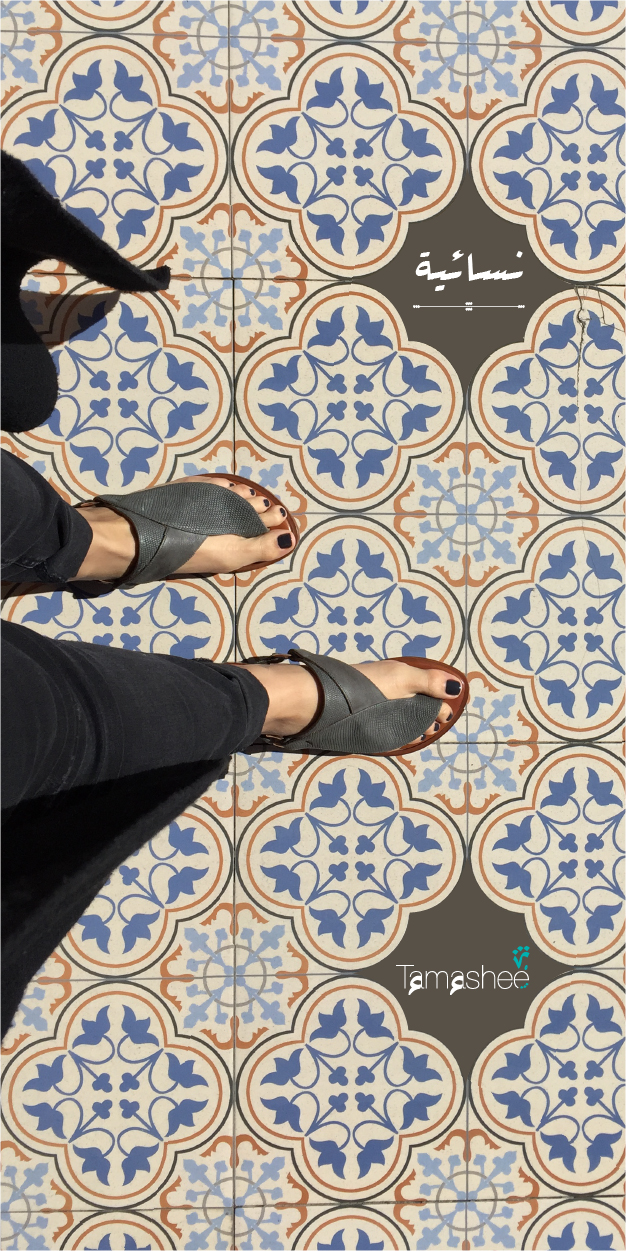Cut from the Same Cloth is an anthology of essays by hijab wearing British Muslim women, spear-headed by Sabeena Akhtar. The project came about after Akhtar – who is a blogger, researcher, writer and avid reader of inclusive literature – tweeted her frustrations one day at the lack of representation of British Muslim women in the arts. Her tweets were spotted by Unbound, a crowdfunding publisher that provides opportunities for people to get exposure and funding for their books. Unbound got in touch with Akhtar and asked her to curate an anthology.
Cut from the Same Cloth will feature essays from 15 middle and working-class women of different, ages, races and experiences with nuanced insights into the issues that Muslim women who wear the hijab face. Hijab wearing Muslim women are taking the lead on this narrative, and it’s about time that an opportunity exists for them to do so.
In the west and beyond, the hijab has been synonymous with the Middle Eastern and Muslim woman. The hijab, veil, head scarf – whatever you chose to call it – has had a problematic history and faces an even more challenging present. We could point the finger at many things but it comes down to the lens that the world has viewed the hijab through in the past and the frame in which it currently exists. From eroticizing the orient to the reason for its oppression, why the Middle East must be liberated why Muslim women are submissive – how strange that a simple piece of cloth can be so sensational.
One of the main reasons the world’s perception of the hijab has been skewed, is that the women who wear it haven’t been given the platform to speak. Men in the Middle East the West, and non-Muslims have been the ones driving the conversations around the hijab for years in the media. This has made representations of the hijab and the women who wear it, whether in films, television, literature and the media, narrow, flat and unrealistic.







